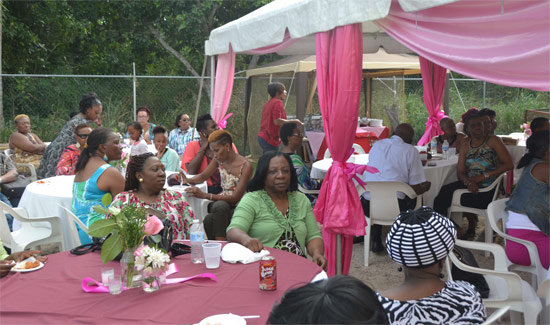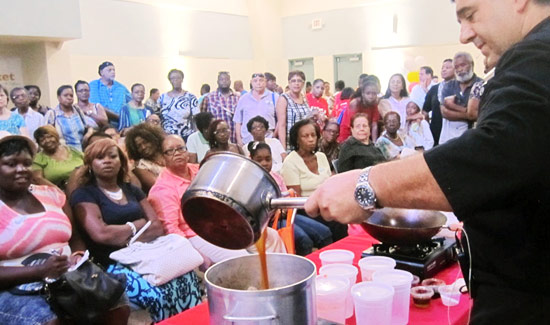 Depression is a serious condition that can impact every area of your life. It can affect your social life, your family relationships, your career, and your sense of self-worth and purpose. And for women in particular, depression is common.
Depression is a serious condition that can impact every area of your life. It can affect your social life, your family relationships, your career, and your sense of self-worth and purpose. And for women in particular, depression is common.
If you’re feeling sad, guilty, tired, and just generally “down in the dumps,” you may be suffering from major depression. But the good news is that depression is treatable, and the more you understand depression’s particular implications for and its impact on women, the more equipped you will be to tackle the condition head on.
Risk Factors for depression in Women
-Family history of mood disorders
-Personal past history of mood disorders in early reproductive years
-Loss of a parent before the age of 10 years
-Childhood history of physical or sexual abuse
-Use of an oral contraceptive, especially one with a high progesterone content
-Use of gonadotropin stimulants as part of infertility treatment
-Persistent psychosocial stressors (e.g., loss of job)
-Loss of social support system or the threat of such a loss
Signs and symptoms of depression in women
The symptoms of depression in women are the same as those for major depression. Common complaints include:
-Depressed mood Loss of interest or pleasure in activities you used to enjoy
-Feelings of guilt, hopelessness and worthlessness
-Suicidal thoughts or recurrent thoughts of death
-Sleep disturbance (sleeping more or sleeping less)
-Appetite and weight changes
-Difficulty concentrating
-Lack of energy and fatigue
Specifics about depression in women
Seasonal affective disorder-depression in the winter months due to lower levels of sunlight-is more common in women
Women are about twice as likely as men to suffer from depression. This two-to-one difference persists across racial, ethnic, and economic divides. In fact, this gender difference in rates of depression is found in most countries around the world.
There are a number of theories which attempt to explain the higher incidence of depression in women. Many factors have been implicated, including biological, psychological, and social factors.
Biological causes of depression in women
Postpartum depression
Many new mothers experience the “baby blues.” This is a normal reaction that tends to subside within a few weeks. However, some women experience severe, lasting depression. This condition is known as postpartum depression. Postpartum depression is believed to be influenced, at least in part, by hormonal fluctuations.
Perimenopause & menopause
Women may be at increased risk for depression during perimenopause, the stage leading to menopause when reproductive hormones rapidly fluctuate. Women with past histories of depression are at an increased risk of depression during menopause as well.
Social and cultural causes of depression in women
Role strain
Women often suffer from role strain over conflicting and overwhelming responsibilities in their life. The more roles a woman is expected to play (mother, wife, working woman), the more vulnerable she is to role strain and subsequent stress and depression. Depression is more common in women who receive little help with housework and child care.
Single mothers are particularly at risk. Research indicates that single mothers are three times more likely than married mothers to experience an episode of major depression.
Unequal power & status
Women’s relative lack of power and status in our society may lead to feelings of helplessness. This sense of helplessness puts women at greater risk for depression. These feelings may be provoked by discrimination in the workplace leading to underemployment or unemployment. Low socioeconomic status is a risk factor for major depression. Another contributing factor is society’s emphasis on youth, beauty, and thinness in women, traits which to a large extent are out of their control.
Sexual and physical abuse
Sexual and physical abuse may play a role in depression in women. Girls are much more likely to be sexually abused than boys, and researchers have found that sexual abuse in childhood puts one at increased risk for depression in adulthood. Higher rates of depression are also found among victims of rape, a crime almost exclusively committed against women. Other common forms of abuse, including physical abuse and sexual harassment, may also contribute to depression.
Relationship dissatisfaction
While rates of depression are lower for the married than for the single and divorced, the benefits of marriage and its general contribution to well-being are greater for men than for women. Furthermore, the benefits disappear entirely for women whose marital satisfaction is low. Lack of intimacy and marital strife are linked to depression in women.
Poverty
Poverty is more common among women than men. Single mothers have the highest rates of poverty across all demographic groups. Poverty is a severe, chronic stressor than can lead to depression.
Psychological causes of depression in women
Coping mechanisms
Women are more likely to ruminate when they are depressed. This includes crying to relieve emotional tension, trying to figure out why you’re depressed, and talking to your friends about your depression. However, rumination has been found to maintain depression and even make it worse. Men, on the other hand, tend to distract themselves when they are depressed. Unlike rumination, distraction can reduce depression.
Stress response
According to Psychology Today, women are more likely than men to develop depression under lower levels of stress. Furthermore, the female physiological response to stress is different. Women produce more stress hormones than men do, and the female sex hormone progesterone prevents the stress hormone system from turning itself off as it does in men.
Puberty and body image
The gender difference in depression begins in adolescence. The emergence of sex differences during puberty likely plays a role.
Some researchers point to body dissatisfaction, which increases in girls during the sexual development of puberty. Body image is closely linked to self-esteem in women, and low self-esteem is a risk factor for depression.
Source: Sandilands Rehabilitation Centre



